Erasmus+ Procedure 2022/2023: Documents to Apply for Erasmus Plus Step by Step
Today we will talk about the Erasmus+ procedure, how to apply for your Erasmus 2022-2023 and all the documents you will need to study abroad. It’s not easy and it takes a lot of time and endurance (especially if your university isn’t well organised with all these Erasmus papers). But it’s only a bit of work... later you will forget about it and will be able to enjoy your Erasmus! Trust me, all the work is worth it!
What is the Erasmus Programme? What is Erasmus Plus?

Firstly, you will probably be wondering: “what does Erasmus mean?” or “what is Erasmus Plus?”. Erasmus + is an EU’s programme that drives studies, training and work experience abroad. This programme was born in 2014 and merges seven prior European programmes, such as the Erasmus scholarships to study Bachelor’s Degrees in European universities or taking internships abroad, or the Erasmus Mundus Programme. Those, among other initiatives, are now under the Erasmus + Programme.
Discover the possibilities regarding studies; these are available to students of Bachelor and Master’s Degrees, but also to Doctoral candidates. You can choose between Erasmus+ Bachelor, Erasmus Mundus Joint Master Degrees and also may be eligible for Erasmus+ Master’s Degree Loans. During that time you get a scholarship covering 50-60% of your spending, depending on the country that you choose and your university. You will get around 80-85% of the scholarship before your starting period, and you will get the last 15-20% when you come back to your home university and send all the documents needed.
Duration of Erasmus+ to study abroad
The scholarship can last from 3 months to a maximum of 12 months, which varies in case of degrees in areas such as medicine or architecture, which means you could go abroad for a maximum of 24 months.
Conditions of Erasmus+ 2022-2023 to study abroad
If you want to study abroad with Erasmus+, you need to meet the following requirements:
- You must be enrolled in studies that lead to obtaining a Bachelor’s Degree (being at least in the second year in this case), a Master’s Degree or a Doctorate/PhD.
- Your home university and the receiving institution need to have an agreement recognised by the Erasmus Plus scheme (inter-institutional agreement).
- The studies programme of the receiving institution needs to be relevant for your learning and part of the degree you are following.
For more information please visit the Erasmus+ students section on the European Commission site.
What about the UK? Erasmus Brexit and Turing Scheme

With the UK leaving the European Union, the participation of the country in European programmes such as Erasmus+ was still unknown until a few weeks ago. Now we know that, not only the UK will not be part of the Erasmus+ programme, but also that UK residents will have their own mobility programme called Turing Scheme. You can read in our post everything you need to know about the Turing scheme replacing Erasmus in the UK.
Erasmus+ Procedure Step by Step
Step 1: Before going abroad with Erasmus+
- Check interesting opportunities from receiving institutions that have an agreement with your home university. Put your attention especially on:
- Courses/subjects.
- Language.
- Country and city of the university.
- Cost of living.
- Apply for participation in a program. Make sure you don’t miss any deadlines because in some universities you need to apply long before. The coordinator for international mobility and Erasmus+ in your university will give you more information about available opportunities, deadlines and how to apply, since it may vary depending on the university and country.
You can choose up to 5 places in your application form. Remember, the first ones you put are the most important ones! You need to know that there is competition for the places. Let’s say there are only 4 available places and 10 students willing to go there. The university will choose students with the best marks and also will take into account if you have been on Erasmus before.
- You will also be asked to take an online language test, so you can prove your English level is B2 or above. You should get an email from your coordinator or the international office with a link to the test.
- Once you get accepted, you have a lot of paperwork to do before the deadline. The most important documents for Erasmus+ are:
- Learning Agreement, which contains your study program at home and receiving university.
- Two (2) documents with the dates and details of your stay: one for your university and another for the insurance card.
- Documents related to your bank account, to which the scholarship will be transferred.
The study program of your receiving institution should be validated. If not, you will have to pass all courses in the receiving institution, and later also those ones that could not be validated at your sending institution. But in this case you need to talk directly with your dean office.
- After all paperwork, you should look for accommodation. Check average prices in the city and don’t hesitate to ask questions to owners. Check everything carefully, if the apartment has everything that is written in an offer, ask for pictures. Take into account also the neighbourhood (check on the internet if it’s safe and in good localisation, and how close it is to the city centre and the university). You can also ask the receiving university for help, if they offer dormitories. Watch out, because people really like to cheat if it is about accommodation. Never, ever send money or even deposit before you come to see your flat!
If you need accommodation and don’t know where to start looking, the best you can do is to check Erasmus student housing on Erasmusu.com. You will find the best verified properties (you won’t need to see them in person, the team has already done it for you) and their agents will help you with everything you need throughout the process.
- When everything is prepared, you only need to wait for your departure day and enjoy the journey!
Step 2: During the mobility with Erasmus+
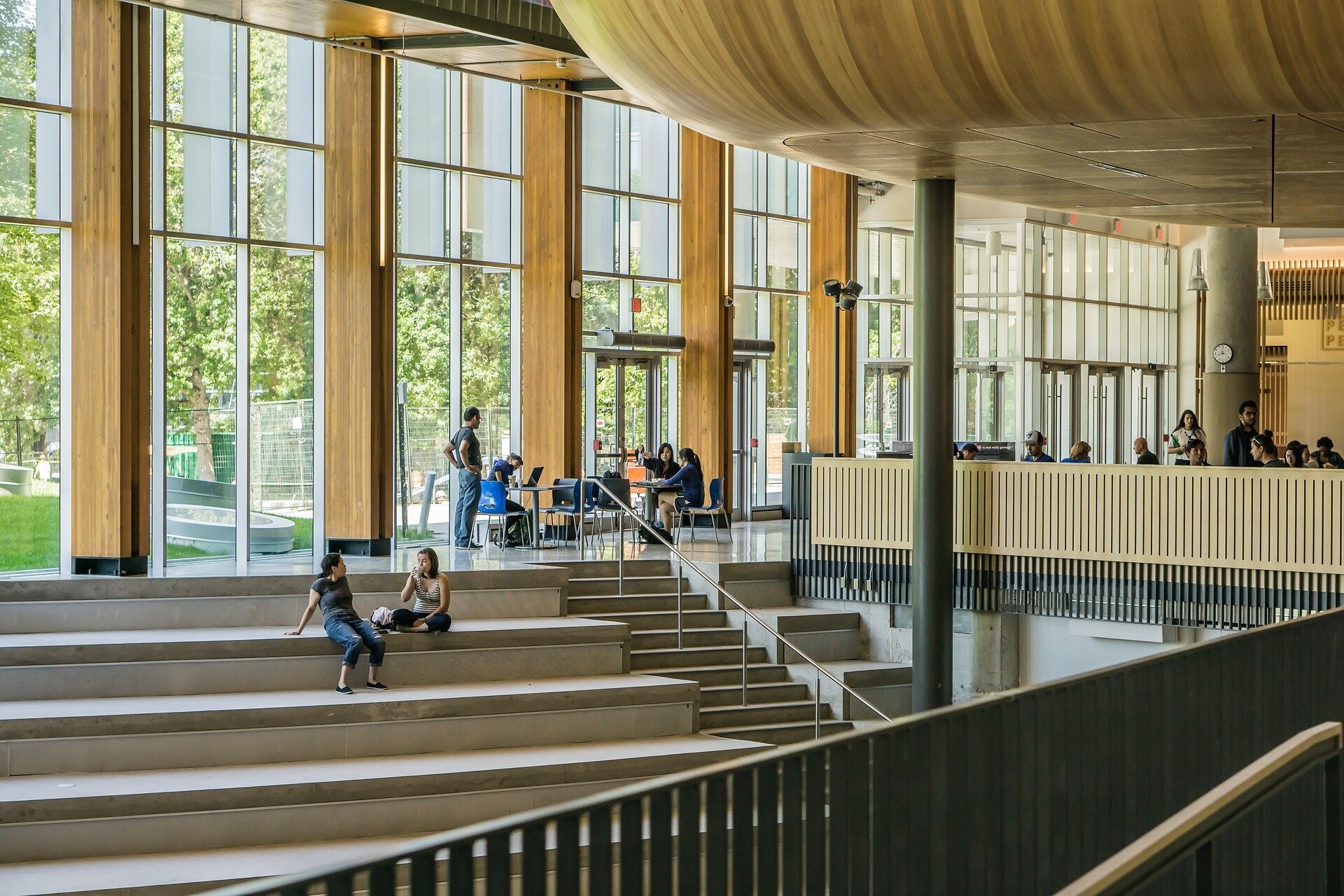
- Once you finally arrive at your receiving institution, you will need to get a signature on your Learning Agreement from the international office, this meaning they are accepting the chosen courses.
If they can’t offer the course chosen by you (this may happen with optional and other courses) or you didn’t like a particular course and you need to make any changes in your LA schedule, make them as soon as possible! You only have 30 days to change it from your opening semester date. If you do it too late you may have many problems with changing your courses, so pay attention to deadlines. You will not only have less problems but also you will have less pressure. Watch out for deadlines!
- During the last days of your Erasmus, you should take a paper (signed and stamped by the international office) with all the details of your semester or year abroad. You will need to send it later to your home university’s international office.
Step 3: After the mobility with Erasmus+
- You need to send all the needed documents to the international office of your home university : Learning Agreement, dates of stay, transcript of records, etc. If you have any questions related to documentation, they will tell you what they need.
- You will also need to take an online language test one more time to check the progress after your stay.
- After you fulfil and send the needed documents, you should get the rest of your scholarship (15-20%) within 30 days.
Questions about Erasmus+

How much is the scholarship I can get?
It depends on the country you choose and your university.
How many ECTS and subjects can I choose?
The maximum is 30 ECTS, but you may take less if your university agrees. Some need just 15, some 20, and so on… Less means better for you. Less classes and more free time! Each subject has different values of ECTS, so check them on your receiving university main page.
If you have more questions and couldn’t find an answer on the internet, just text me, ask in comments. I will be glad to help you.
Erasmus is an awesome thing, guys, once you go you will never regret it. Down here I'm presenting you my Erasmus Family:
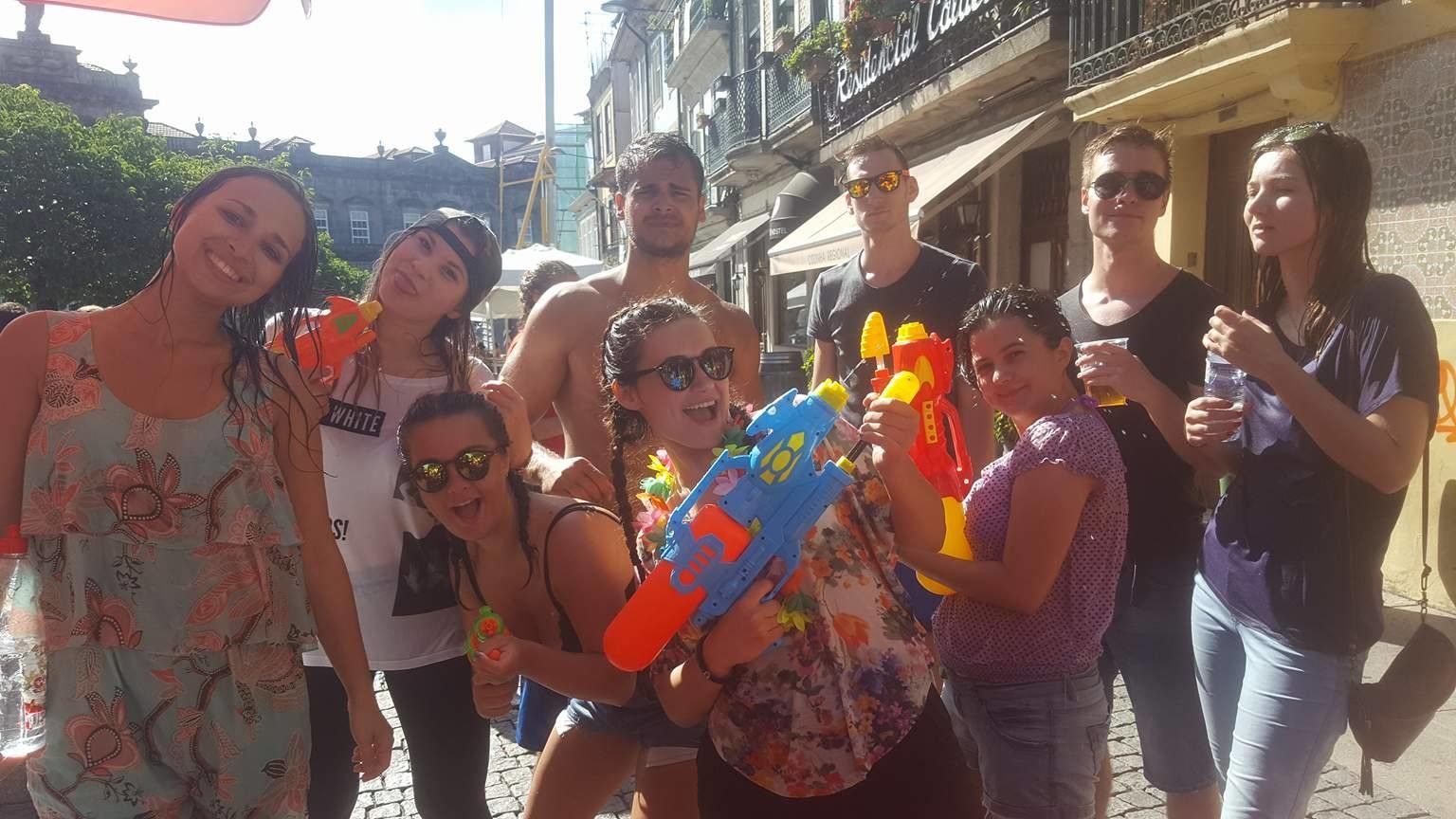
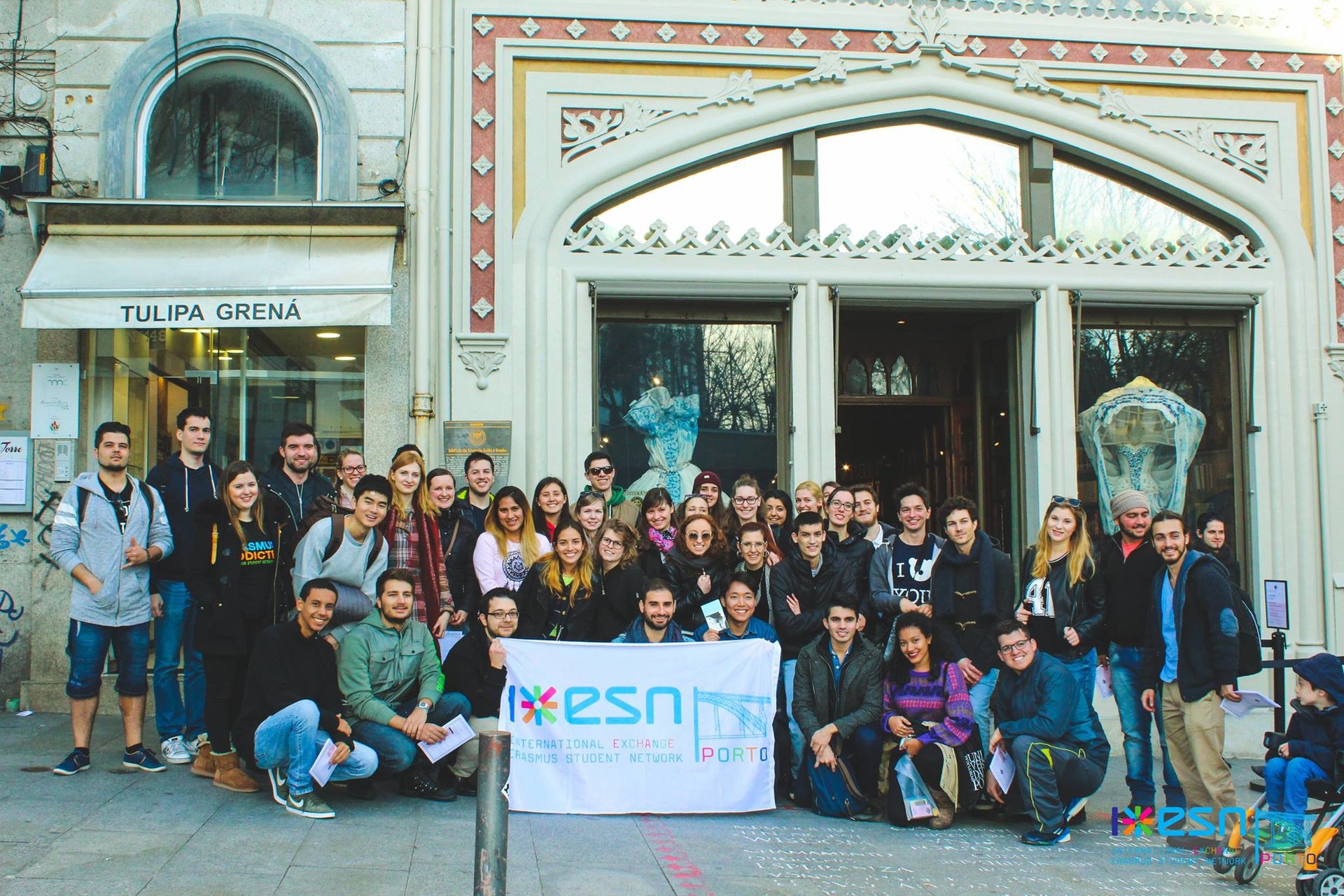
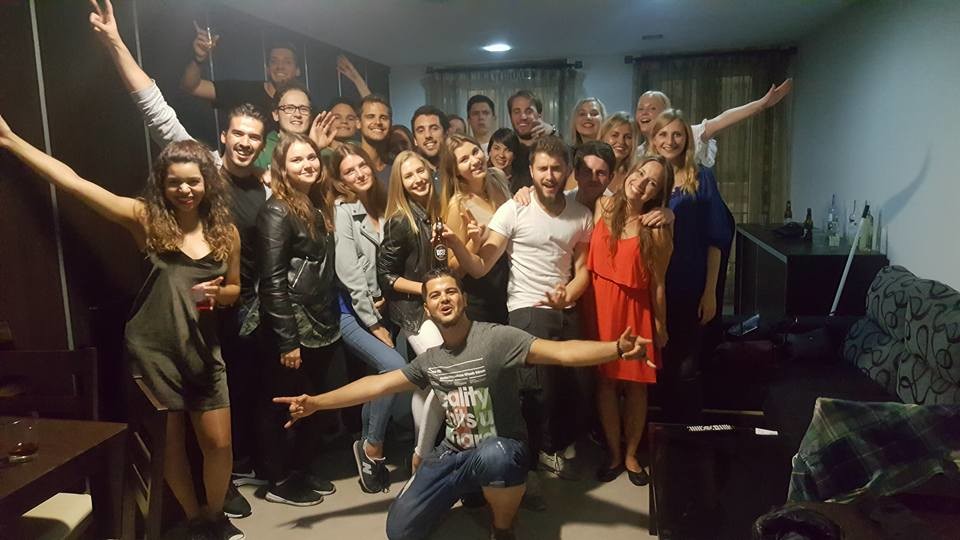
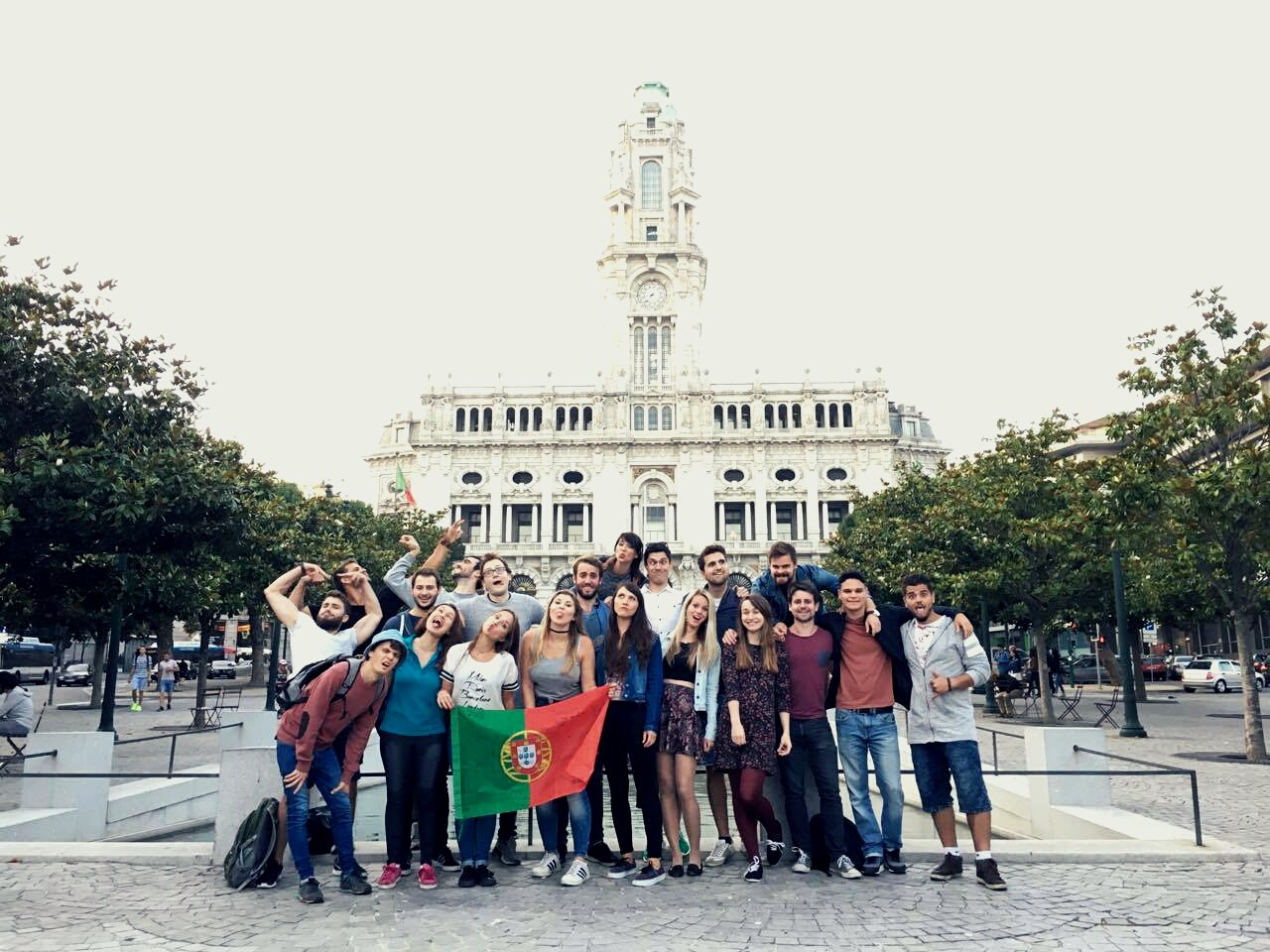
Fotos made by Joao Fernandes & ESN Porto.
Photo gallery
Content available in other languages
- Italiano: Documenti Erasmus+ 2021: fare richiesta per l'Erasmus+ passo dopo passo
- Español: Trámites Erasmus+ 2022-2023: Cómo solicitar la beca Erasmus Paso a Paso
- Français: Procédure Erasmus+ 2021/2022 : comment demander la bourse Erasmus, étape par étape
- Português: Procedimentos Erasmus+ 2021/2022: Como candidatar-se à bolsa Erasmus Passo a Passo
Want to have your own Erasmus blog?
If you are experiencing living abroad, you're an avid traveller or want to promote the city where you live... create your own blog and share your adventures!
I want to create my Erasmus blog! →












Comments (0 comments)